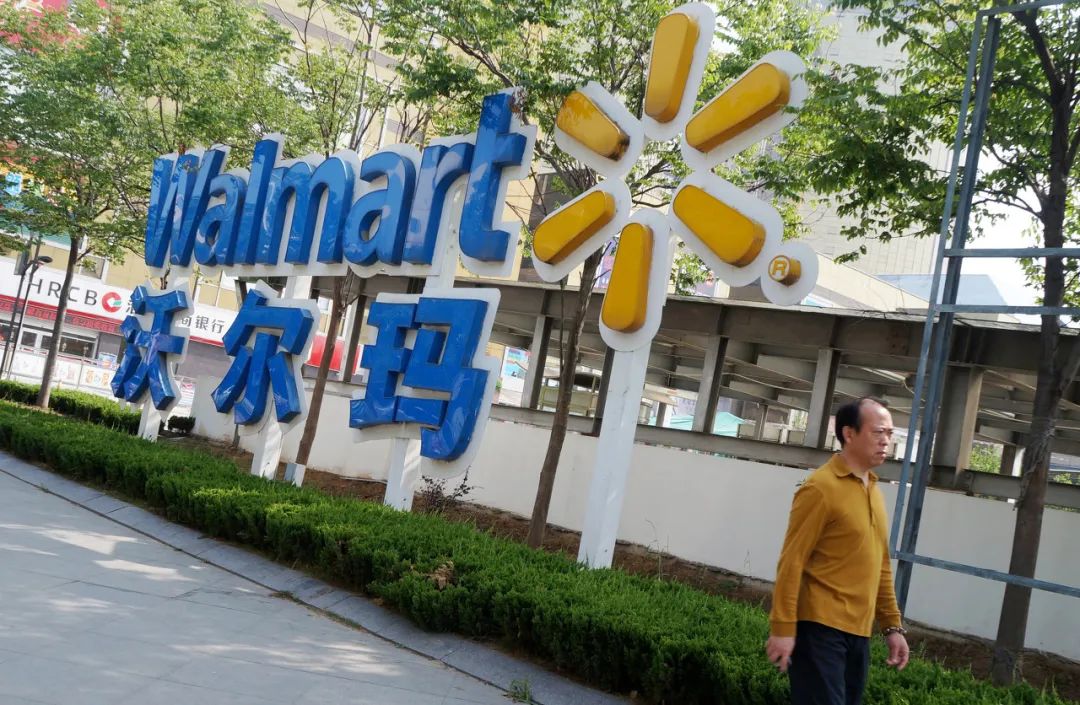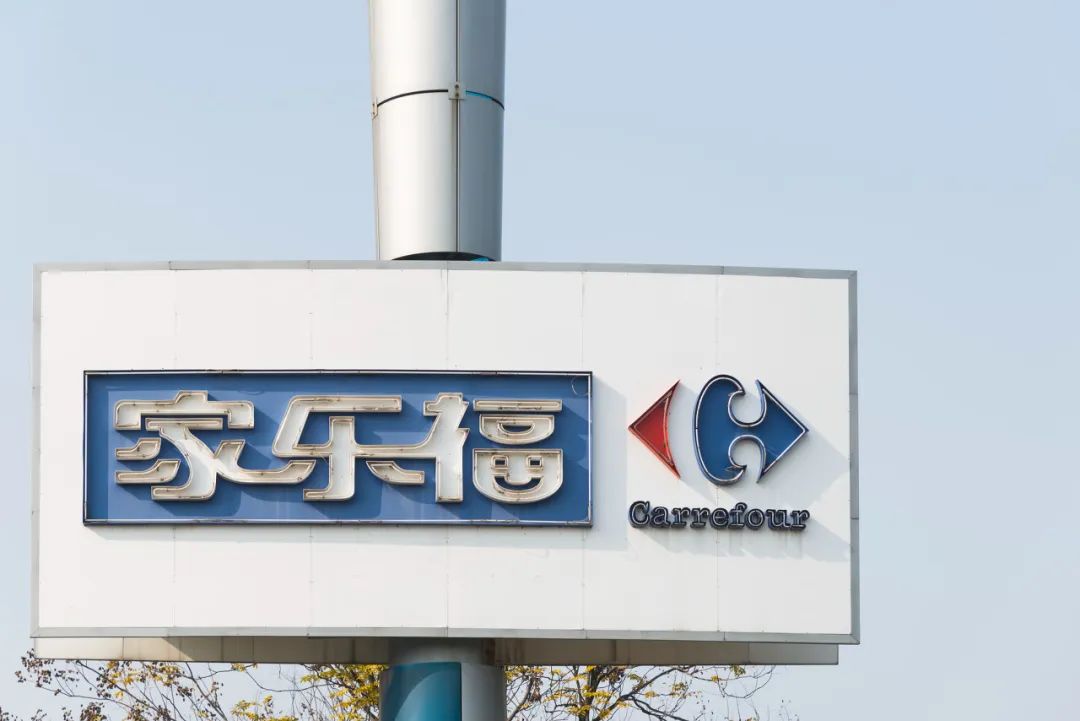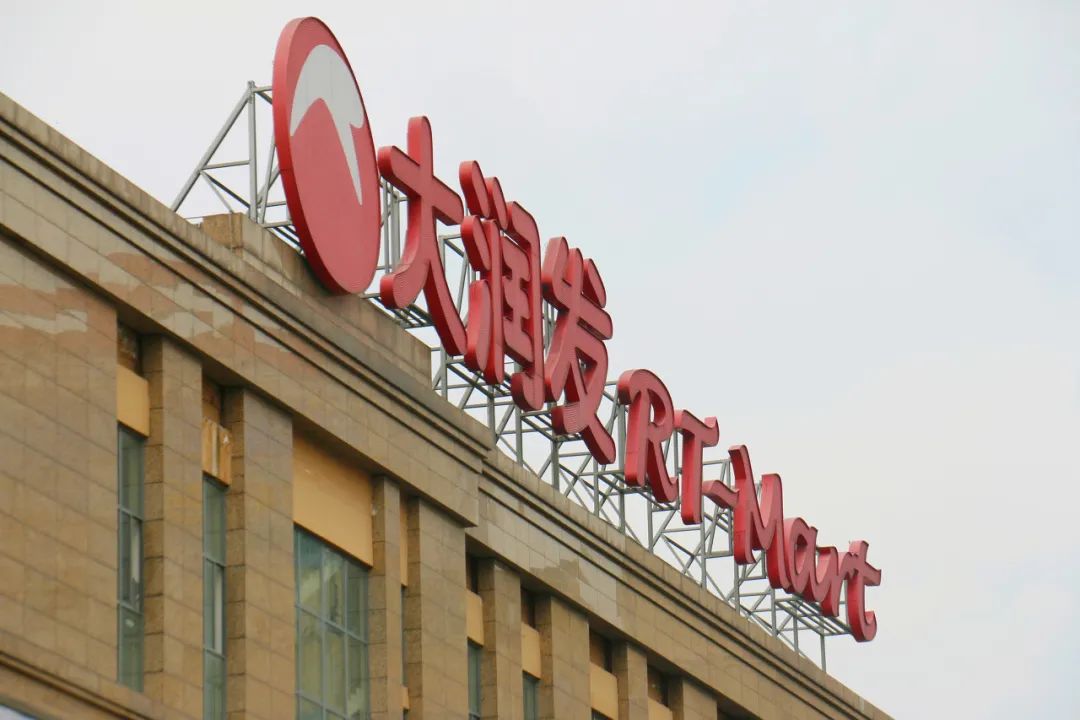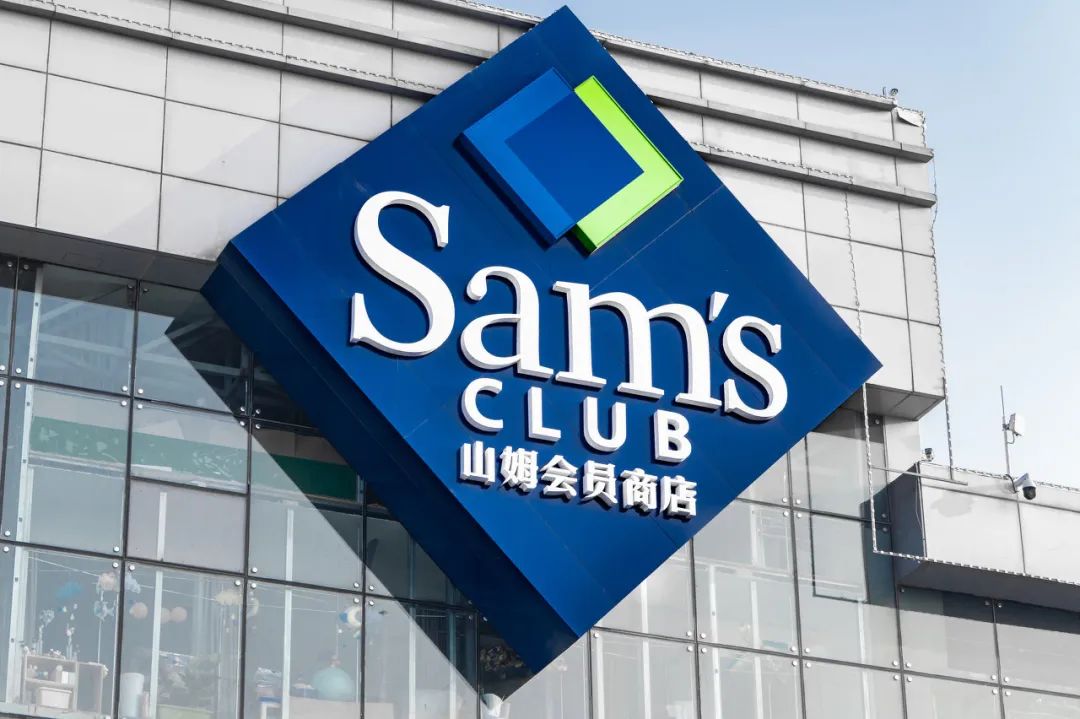''' China's Retail Leader Has Changed | New Start for Retail ①
![]() 06/18 2024
06/18 2024
![]() 608
608

The retail giant has finally changed hands, from Suning to Walmart. For 40 years of Chinese chain retail, it's the first time a foreign company has reached the top. What caused the decline of Suning, which represents traditional retail? Carrefour can give you the answer. What enabled Walmart to break through against the trend? The secret lies with Sam's Club.
Where lies the future of Chinese chain retail? Brands like Hema, Meiyijia, Pangdonglai, Mingminghenmang, Baiguoyuan, and Guojuan, all ranked among the top 100 chain retailers, can inspire you.
40 Years of Chain Retail Turmoil
The Chinese chain retail industry has undergone tremendous changes over the past 40 years.
In 1981, Guangzhou Friendship Store Self-service Supermarket opened its doors; three years later, ParknShop, a Hong Kong-based supermarket chain under Li Ka Shing, began expanding into the mainland. It was also in this year that CR Vanguard Supermarket was established in Hong Kong, later merging with Vanguard Supermarket under Vanke to become CR Vanguard.
In 1987, Huang Guangyu opened the first Gome (00493.HK) in Zhushikou, Beijing; the same year, KFC entered the Chinese market, with its first restaurant located near Qianmen not far away.
After several years of development, the chain retail atmosphere in the Chinese market gradually took shape.
In 1990, Zhang Jindong and his brother founded Suning (002024.SZ) in Nanjing; the first supermarket in mainland China, Meijia Supermarket, emerged in Humen Town, Dongguan, Guangdong. The following year, Lianhua Supermarket was established in Shanghai.
In just a few years, various chain formats flourished in the Chinese market. However, among them, chain supermarkets were the most popular. After all, home appliances and furniture are occasional purchases, while supermarkets are a daily necessity.

Around 1995, the first climax of the Chinese chain retail industry finally arrived.
The year before, Dr. Zhang Wenzhong, a systems science Ph.D., returned from studying abroad and opened a model supermarket to promote his self-designed checkout system. Unexpectedly, Wumart's business boomed, and Dr. Zhang accidentally entered the chain retail industry.
At that time, Fortune magazine compared Wumart to "China's Walmart": "If you want to see the future of retail, you can save yourself the trouble of visiting Walmart far away. Just buy yourself a ticket to Beijing and take a look at Wumart."
In 1995, after years of preparation, Carrefour opened its first store in China in Beijing. Li Binlan left Vanguard and founded Xinyijia in Shenzhen, a new Vanguard. The first Jiajiayue (603708.SH) opened in Weihai, Shandong; Zhang Xuansong, who didn't graduate from high school, served in the military, and worked as a beer agent, founded Yonghui Supermarket in Fuzhou; Wang Tian, a food salesperson, opened the first BBK (002251.SZ) in his hometown of Xiangtan, Hunan. Later, they became private representatives among China's chain supermarkets.
Subsequently came the golden age of China's chain retail industry for more than a decade, with foreign giants like Walmart and Metro entering in droves, while state-owned chains like Lianhua, Bailian, and Zhongbai (000759.SZ) grew stronger with their local advantages, and private giants rapidly rose with their operational advantages.
To understand the development trajectory of China's chain retail industry, all you need to do is take a look at the "Top 100 Chinese Chain Retailers" list released annually by the China Chain Store & Franchise Association.
In 2001, this list revealed a strong grassroots atmosphere, representing the initial stage of the top 100 chains. Supermarkets dominated the list, and it was hard to imagine that several "Xkelong" stores were among the top 100 chains of that era. At that time, Lianhua Supermarket (00980.HK), Beijing Hualian, and Shanghai Nonggongshang Supermarket were the top three.
With China's accession to the WTO, foreign capital accelerated its layout in the Chinese market, catching up with the excellent opportunity of the rise of the Chinese consumer market. By 2011, RT-Mart, Carrefour, Yum China, and Walmart also entered the top 10 of the Top 100 Chain Retailers list, with the leading positions changing hands to Bailian, Suning, and Gome.
In the following decade, the supermarket format declined overall, but private players emerged as a surprise; vertical chain players Gome and Suning, after completing the nationalization of the home appliance retail market and forming a north-south rivalry, took turns to reign supreme. Since then, there have been few new stories in the chain retailer rankings.

Retail Leader Changes Hands
Now, the biggest change in the Top 100 Chinese Chain Retailers list in over two decades has occurred.
Recently, the "Top 100 Chinese Chain Retailers 2023" was released, with Walmart taking the top spot. This is the first time a foreign company has won the top spot since the release of the Top 100 Retailers list.
Since entering the Chinese market in 1996, Walmart has been pressed by fellow foreign retailers RT-Mart and Carrefour. It wasn't until after acquiring Trust-Mart that Walmart achieved an upgrade. In recent years, as Yonghui, RT-Mart, and CR Vanguard stagnated, Walmart was pushed to the throne of supermarket leader.
In fact, Walmart's supermarket business has not been doing well either. In recent years, there have been frequent rumors of store closures, and even once rumors circulated that it would sell its stores to Wumart. Fortunately, Walmart has already incubated a new format, Sam's Club.
Sam's Club began laying out the Chinese market in the 1990s. Before 2018, it was the only retailer in the Chinese market that adhered to a paid membership system.
In recent years, with the rise of membership-based consumption in China's chain supermarket industry, Sam's Club has increased its expansion efforts, currently operating at least 37 stores in first- and second-tier cities like Beijing, Shanghai, and Shenzhen, even forming a Sam's Club-style lifestyle.
As can be seen from the annual Top 100 Chain Retailers list, in recent years, Walmart has also shown a trend of store contraction overall, from a peak of 442 stores in 2019 to only 365 now. However, its sales revenue has increased from 80 billion yuan to 120 billion yuan in the past two years. The replacement of Walmart supermarkets by Sam's Club is evident.

It was Suning, who had dominated the list for 8 consecutive years and won the title of chain retail leader more than ten times, that was squeezed off the throne by Walmart. Moreover, this was not a simple Suning, but a super giant that had merged with another top 10 chain retailer, Carrefour.
Starting as a small shop on Nanjing Ninghai Road, Suning quickly developed into a leading regional home appliance chain giant in just a few years. After entering the new century, Gome and Suning engaged in a fierce battle for home appliance chain mergers and acquisitions, with Gome leading the pack for several years. It was only after Huang Guangyu fell into trouble that Suning achieved surpassing.
At its peak, Suning had tens of thousands of stores, covering home appliances, 3C, maternity and baby care, supermarkets, department stores, fresh food, and other formats, becoming the largest all-retail giant.
At the same time, Suning adopted a "scattergun







